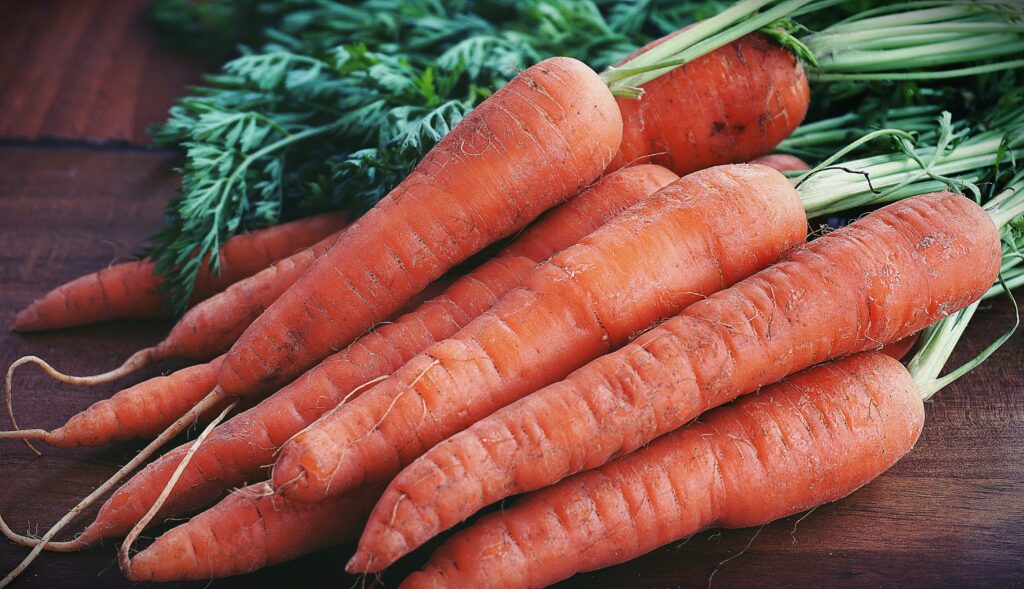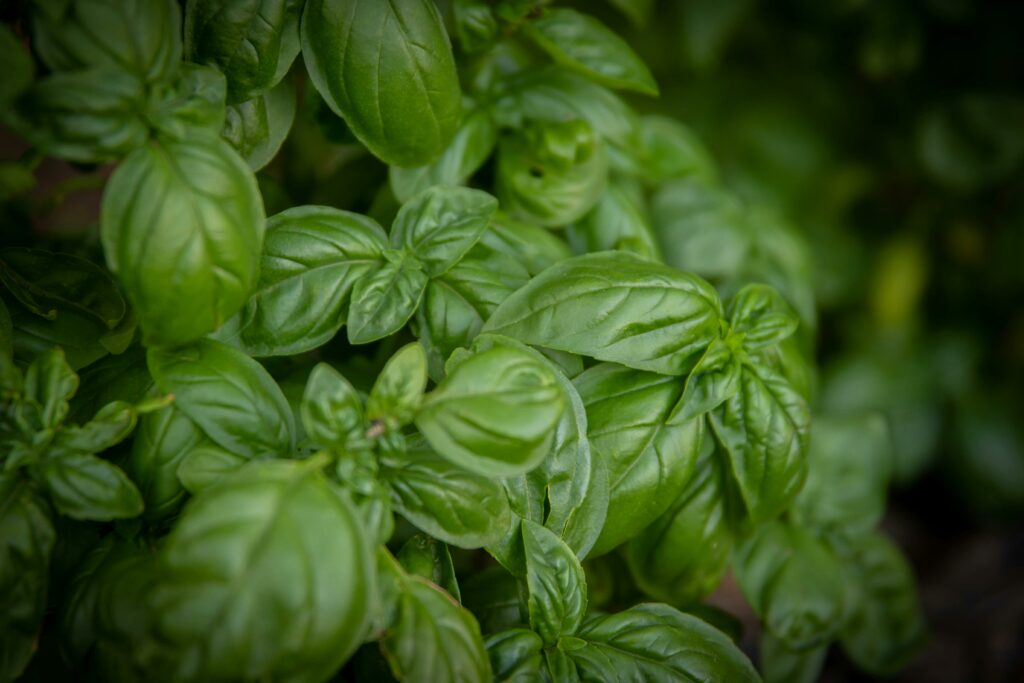The strong scent of onions conceals the aroma of carrots, making it harder for pests like carrot flies to locate them. Onions also help suppress soilborne pathogens. Meanwhile, carrots enhance soil health and structure while improving water penetration.



Basil’s strong aroma repels pests like aphids and hornworms, reducing the need for pesticides. It may also promote healthier tomato growth and enhance their flavour. Basil’s compact size makes efficient use of garden space, while its antifungal properties help prevent diseases like blight and mildew.



Dill attracts beneficial insects that control cabbage pests, while its deep roots improve soil aeration and nutrient absorption. It may also enhance cabbage growth and flavour. Additionally, dill’s flowers attract pollinators, promoting overall garden health.

Calendula draws in beneficial insects, manages pests, and wards off harmful ones. Beans enhance the soil’s nitrogen levels, which benefits calendula, while calendula retains moisture in the soil. Its bright flowers attract pollinators, increasing bean production, and its antifungal qualities help prevent diseases.

Lavender repels pests like aphids and flea beetles, while leeks deter snails and slugs. Leeks’ shallow roots don’t compete with lavender for nutrients, and they provide wind protection. Their compact and upright growth makes them space-efficient. Additionally, lavender offers fragrance and oils, while leeks are useful in cooking, combining beauty and functionality in the garden.



The strong aroma of mint creates a natural barrier, deterring pests and insects like flea beetles, cabbage moths, ants, and spiders. While mint spreads rapidly, it can help improve soil health by adding organic matter when its leaves decompose. The leaves from both kale and mint provide shade to the soil, helping to retain moisture and remain cool.


Marigolds serve as a natural repellent against pests like whiteflies and aphids. In addition, they attract beneficial insects such as ladybugs and predatory beetles, while enhancing soil health by suppressing harmful nematodes. The fragrance of marigolds is also known to deter deer and rabbits, which often nibble on tomato plants.

Petunias draw in beneficial insects that help manage pests such as aphids and beetles, while their bright blooms attract pollinators for asparagus. Additionally, petunias enhance the visual appeal of the garden and promote soil health.

Peas and carrots are beneficial companions, with peas fixing nitrogen for carrots and carrots loosening soil for peas. They help control pests, like aphids and pea weevils, and maximize space by growing vertically and underground.


The Three Sisters Planting Method is a traditional companion planting technique involving corn, beans, and squash. Corn provides support for beans, beans fix nitrogen to enrich the soil, and squash helps retain moisture, suppress weeds, and deter pests. This method maximizes space, improves soil health, reduces pests, and minimizes the need for fertilizers and pesticides, creating a sustainable, productive, and self-sustaining garden.


